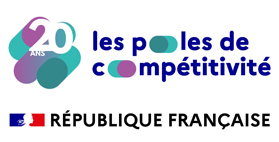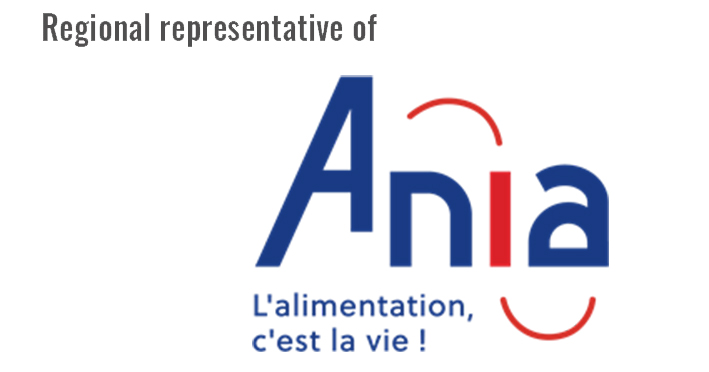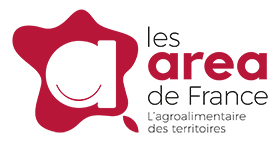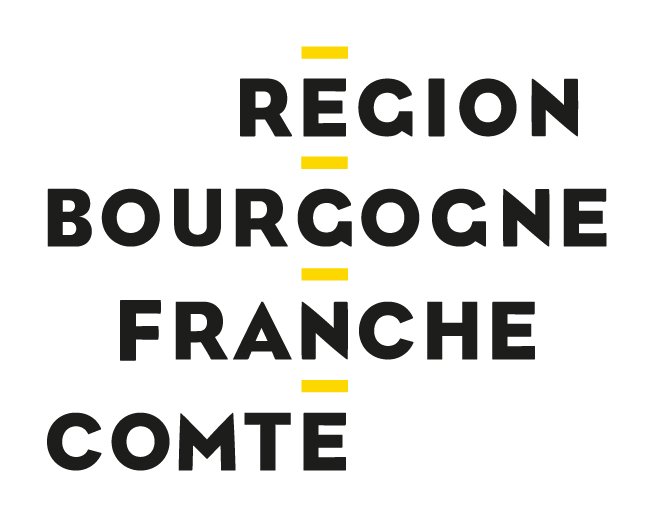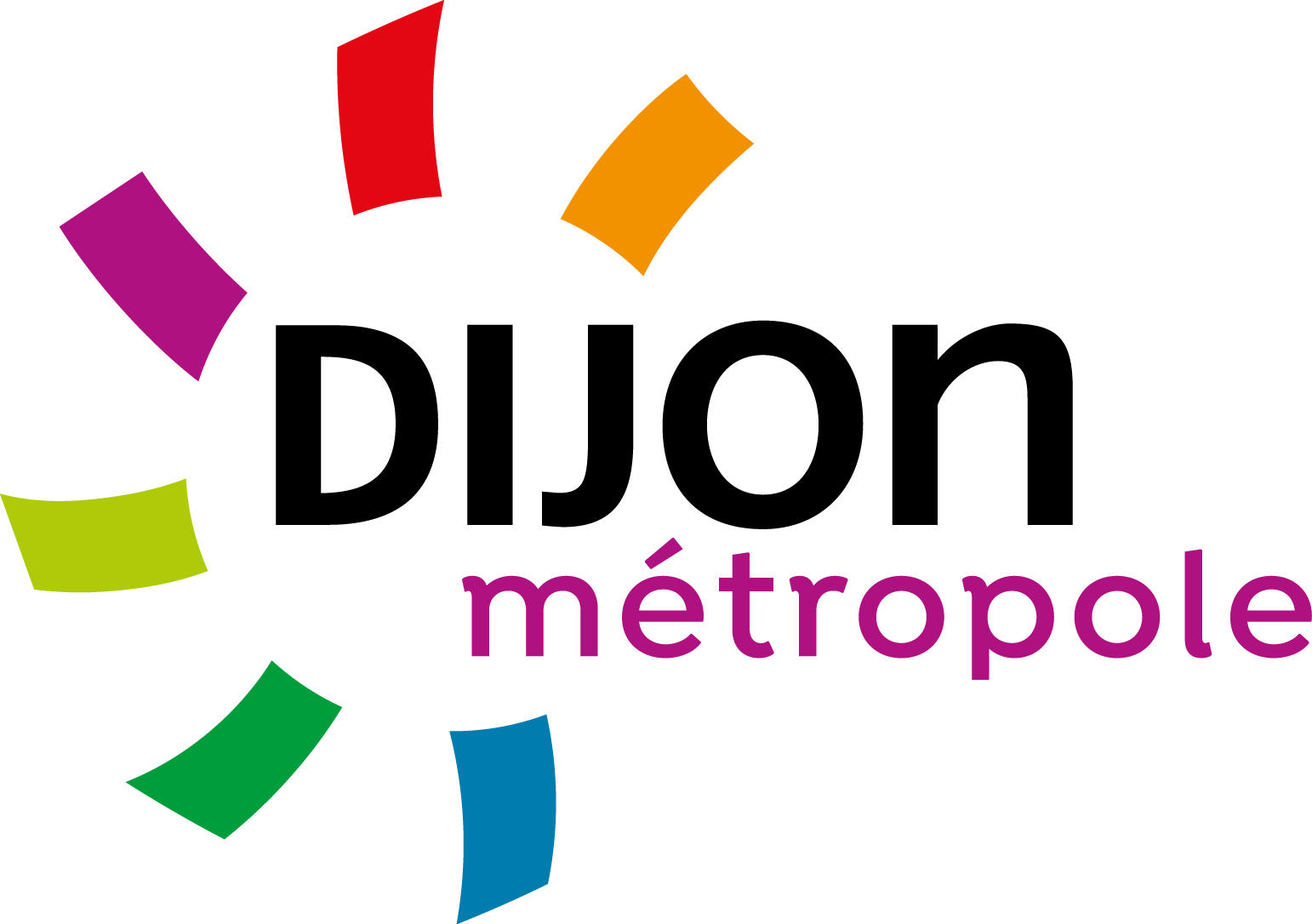29 September 2021
Latest news from Vitagora's accredited innovation projects

The drivers of nutritional change, the impact of digital technologies on children, and optimising the aging of white wines
NuTWInd: understanding the nutritional transition in the French West Indies
Faced with rising levels of obesity and chronic disease in the French West Indies, the NuTWine project aims to understand what is driving the nutritional transition of this region. In particular, the project studies the interactions between the food offer, dietary behaviours and their evolutions, in order to identify strategies for improving the nutritional health of the populations of Martinique and Guadeloupe. Launched in 2017, the NuTWind project has already published the results of several studies.
A doctoral thesis carried out by the project has focused on the increase over the last decade of the body mass index (BMI) the the population of Martinique as well as the rising levels of hypertension and diabetes. The thesis also looked into an overall decline in the quality of diets, including an increase in the consumption of ultra-processed foods. However, models indicate that demographic changes, mostly an ageing population and the increase in education levels, have not been the main drivers of this nutritional transition.
In parallel, the project has shown that the increase in GDP, the expansion of supermarkets and urbanisation in the French West Indies is linked to growing imports of animal proteins, saturated fats and sugar over the last 20 years, indicating their role in the dietary transition. Finally, significant social inequality in relation to obesity, hypertension and diabetes - more so than in mainland France - has been shown by the study.
Another study has also been carried out on nutritional quality and economic accessibility in Guadeloupe and Martinique in the food segments that represent the greatest consumption of sugars. For example, soft drinks, fruit juices and nectars, flavoured waters, and other non-carbonated drinks have maximum sugar levels that are higher than those in France, in particular for locally produced products. By evaluating the sensory preferences of French West Indies residents, the NuTWind partners have observed that the prefered sweetness level of drinks corresponds to the average sugar levels of drinks on the market, but that there is room for improving the products at the higher end of the scale without deviating too strongly from consumer preferences. Simulations of the impact of reducing sugar levels of drinks on the total amount of sugar in diets shows that the impact of this reduction could be greatest for those under 30 years of age. Local producers could indeed benefit from support in reformulating their products.
Lead by UMR MOISA in Montpellier (France), NuTWind is funded by the ANR research agency. The project was launched in 2017 and will conclude in 2022. It brings together a consortium of public research laboratories (UMR MOISA, UMR ALISS, UMR PARM, CRESS), regional ministerial agencies (DAAF Martinique and DAAF Guadeloupe) and a technical and scientific centre (Pôle Agroalimentaire Régional Martinique).
DIGYMATEX: developping innovative tools for measuring the digital maturity of children
Digital technologies have had a huge impact on all areas of society. Until now, there have been no clear means of measuring the use of mobile devices and information technologies by children in order to understand how these activities could be beneficial or harmful.
DIGYMATEX is a four year European research project launched in 2020 that aims to provide tangible evidence of the way that the digital maturity and use of digital technologies by children aged 9 to 16 influence their behaviours, and what long term effects this use can have on their wellbeing. Some of the project's studies will focus specifically on the use of these technologies in relation to food behaviour of children, with observational studies of real eating situations.
DIGYMATEX plans to generate actionable solutions to contribute to a safer and more beneficial use of digital technologies by children in order to formulate recommendations to support national and European policy in this regard. The project aims to develop innovative tools for use by various stakeholders, including children, parents, school administrators and educators, scientists, companies and policy deciders.
Among other aspects, DIGYMATEX will develop a Digital Youth Maturity Index (DYMI), an innovative tool to establish and implement an understanding and taxonomy of the digital maturity of children. DIGYMATEX will also develop a techological solution and a recommendation program for parents, schools and governments on three levels: individual, social and national.
The project applies a multidisciplinary and multi-method approach integrating and connecting expertise, methods and knowledge of various areas of research such as management, psychology, sociology, neurosciences, media and information systems.
Funded by the European Union's Horizon 2020 program, DIGYMATEX has a consortium of 12 partner organisations from 10 countries, including Vitagora, who will play a role in the communication and dissemination to the food industry.
For more information, go to https://digymatex.eu/
CHARDONNAY+ : controlling the aging of white wines
"Atypical aging" of wines corresponds to the non-controlled evolution of the sensory characteristics of the wine, post-bottling. This is a serious problem for the wine sector and concerns all types of wines (white, red, sparkling etc.) throughout the world, and in particular white wines. It is characterised by various physio-chemical phenomena that lead to:
- Premature oxidation (loss of fruit and floral aromas and the formation of unwanted aromas)
- A lack of homogeneity in flavour when consumed
The CHARDONNAY+ project began in 2018 and ended in June 2021 with the goal of linking various scientific and technical approaches (stability measurements, targeted and non-targeted molecular analysis, sensory analysis and modelisation), in order to develop a robust protocol for accelerating ageing, and to identify key compounds that could predict and/or limit the appearance of markers of atypical aging in white wines.
The project's consortium worked on more than 20 Chardonnay matrices from various wine-producing zones in France over 2 years. Following the sensory validation of a method of accelerated natural aging, these matrices were classified according to their potential stability regarding oxidative aging, and various characteristic molecular fingerprints of these stability levels were established. These results were integrated into the construction of a predictive model for the stability of Chardonnay wines, developed by the laboratory Aromalyse.
The project was coordinated by UMR PAM in partnership with UMR CSGA and Aromalyse, and was funded by the Burgundy-Franche-Comté regional council, BPI France and FEDER.
Find out more
Press contact:
Marthe Jewell, marthe.jewell@vitagora.com,
Tel.: +33 (0)3 80 78 97 92, Mob.: +33 (0)6 60 65 87 16




 Home
Home

